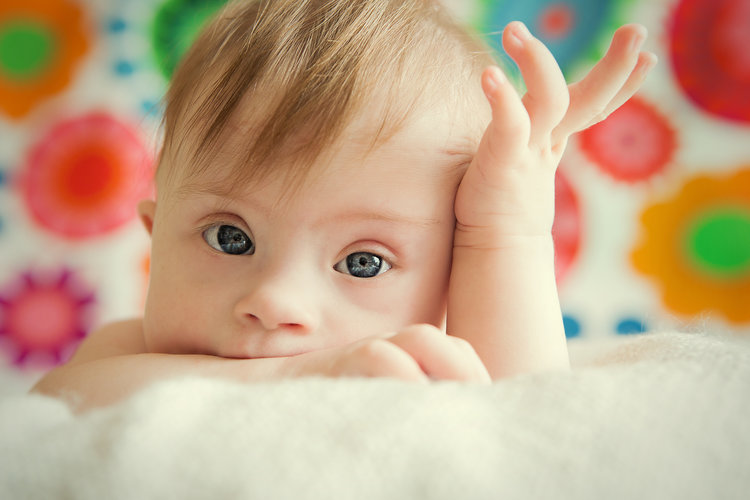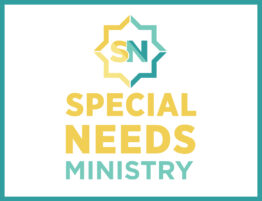
Down syndrome became part of my everyday vocabulary back in 2006 after my daughter, Jaycee, was born. It was a doctor in a NICU who first explained that Down syndrome would result in an Intellectual Disability, developmental delays, and certain physical characteristics for our daughter. The doctor painted a picture that was bleak and discouraging when he told my husband and me what her life would be like as a person with Down syndrome. In the shocked and vulnerable state I was in, I believed his words and accepted the idea that Down syndrome was not something to be joyful about.
For the last thirteen years, my daughter has taught us more about Down syndrome than any book or doctor.
Our journey with her has been unique and full of surprises that no one could have predicted. Jaycee is her own person who happens to have Down syndrome. Our lives have not been the doom and gloom version that the doctor warned us about, and joy abounds in our home.
When I reflect back on those early days after the diagnosis, I believe there’s a lesson for many people to understand. When families like mine receive a diagnosis, there are ideas, stigmas, and emotions to overcome. Down syndrome is often viewed by the world in a negative light. It is a diagnosis that many parents fear. It’s a diagnosis that is often met with tears and mourning of a life that could have been very different. Real support and comfort is difficult to find. Nervous people who aren’t sure what to say may tell families who are newly diagnosed, “I’m sorry.” There are many things in our culture that convey messages that a baby with Down syndrome is less than, undesirable, and frightening.
As many families recognize and celebrate World Down Syndrome Day on March 21st, the church should join in on the celebration.
Source: Special Needs Parenting- Key Ministry

